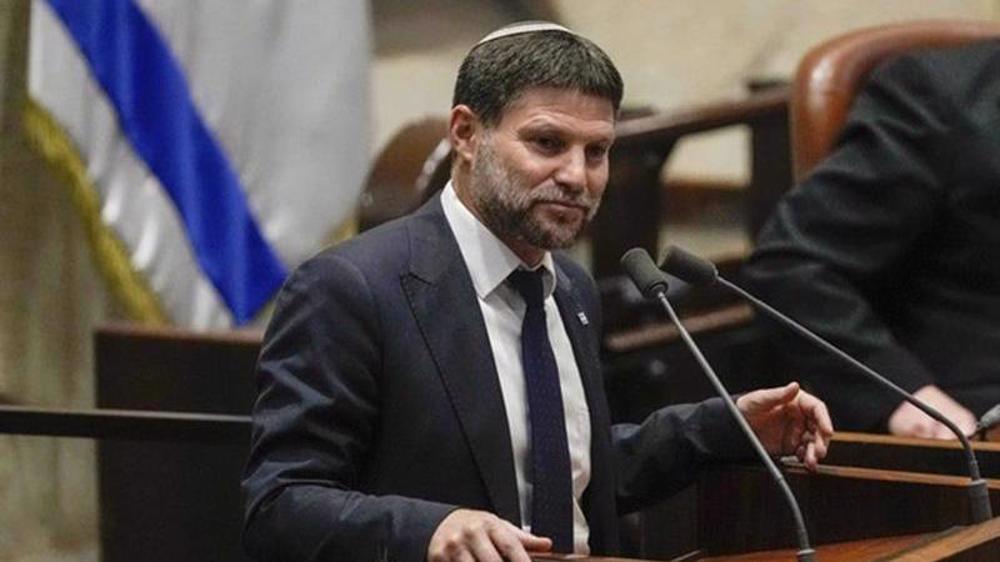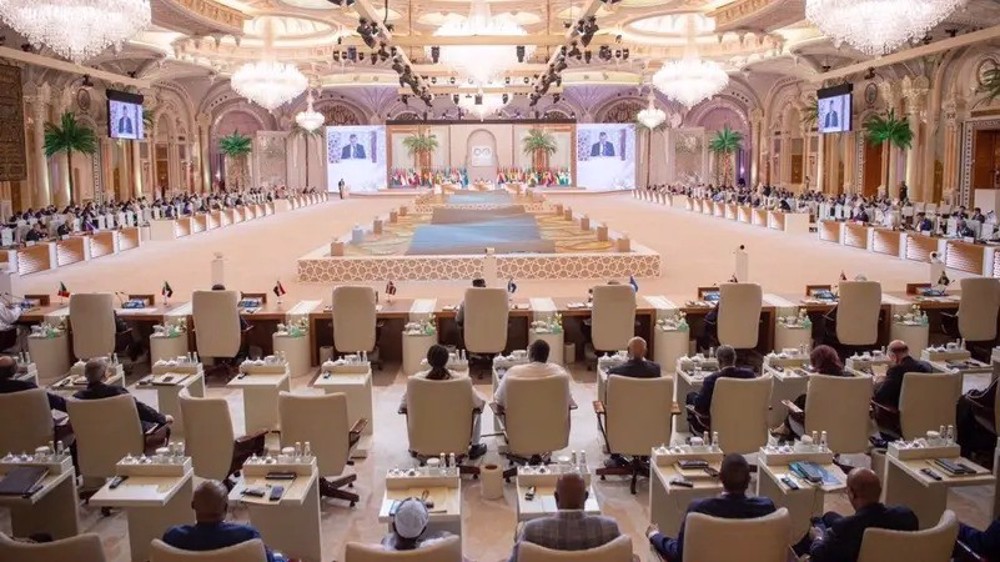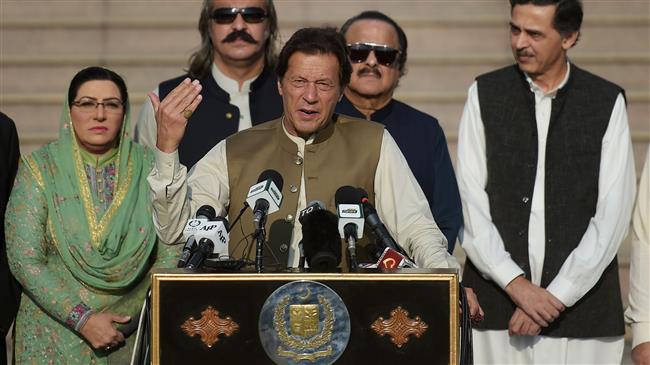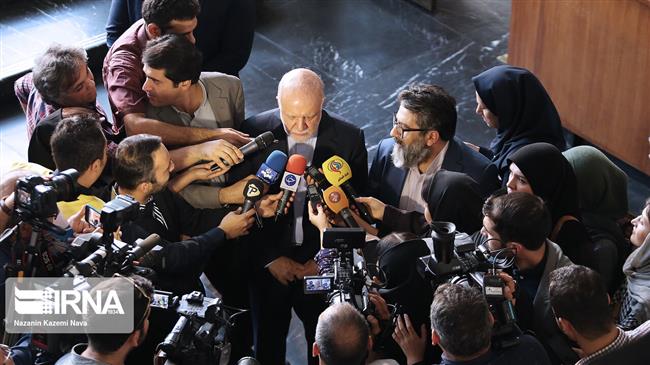Saudi Arabia quietly trying to mend ties with Iran: Wall Street Journal
Saudi Arabia is quietly seeking to improve relations with Iran and other players in the region amid economic concerns and doubts about Washington's backing for Riyadh, The Wall Street Journal (WSJ) reports.
According to the report published on Friday, Saudi officials have grown more worried about the risks that tensions with Tehran pose to the kingdom's economy.
"Riyadh’s newfound interest in better relations with regional rivals comes as Saudi officials question how much backing it has from the US and other allies,” the report said.
The regime's calculations changed after Yemeni air raids on Aramco installations, which disrupted about half of the kingdom's oil capacity or 5 percent of the daily global oil supply, according to a Saudi official.
"The Sept. 14 attack was a game-changer,” the report quoted the unnamed official as saying.
Saudi Arabia and the US rushed to blame the attacks on Iran without providing any evidence.
However, UN Secretary General Antonio Guterres said earlier this week that the world body’s investigators were “unable to independently corroborate” claims that the Islamic Republic was behind the Aramco raids.
Citing Saudi, European and US officials, the WSJ reported that Saudi and Iranian representatives have directly exchanged messages and communicated through intermediaries in Oman, Kuwait and Pakistan, in recent months.
Iranian Ambassador to Paris Bahram Qasemi and other officials acknowledged that Tehran has floated a peace plan to the Saudis, which includes a mutual pledge of non-aggression and cooperation aimed at securing oil exports in the Strait of Hormuz, the report noted.
"Iran doesn’t want the continuation of tensions. We are seeking peace,” Qasemi said in late October.
Meanwhile, a second unnamed Saudi official told the WSJ that the kingdom was compelled to engage with Iran as it prepared for listing of Aramco’s shares.
"The prospect of a wider conflict with Iran jeopardizes Saudi oil exports and also risks scaring away overseas investors the kingdom needs for fresh capital, cutting-edge technology and management know-how,” the report said.
In addition to Iran, Riyadh has also been holding secret talks with Yemen’s Houthi fighters while trying to find a way to end a two-year deadlock with Qatar.
"Realpolitik has set in,” a senior American official said, with the Saudis recognizing that "they’ve just got to pare down on the challenges they have on multiple fronts.”
Such moves suggest things are moving on "positive trajectories” in the Persian Gulf, he added, describing the diplomatic efforts as the "slimmest of shoots” that will take time to bear fruit.
The Saudi outreach comes at a time that support has eroded for Riyadh in Washington, where lawmakers want to see the kingdom end its bloody military aggression against Yemen and hold people accountable for the killing of dissident journalist Jamal Khashoggi.
Diplomat discourages recourse to pressure, intimidation, confrontation against Iran
UN: 2024 deadliest year for aid workers amid genocide in Gaza
Gaza health official warns of hospital shutdowns within 48 hours
Israel kills 5 more paramedics in southern Lebanon: Health ministry
Iran to launch ‘new, advanced’ centrifuges in response to IAEA resolution: AEOI
Yemen fires hypersonic missile at Israeli airbase
VIDEO | New Delhi chokes under toxic smog as air quality remains at hazardous levels
VIDEO | Press TV's news headlines
















 This makes it easy to access the Press TV website
This makes it easy to access the Press TV website